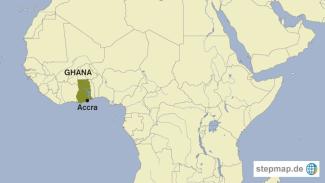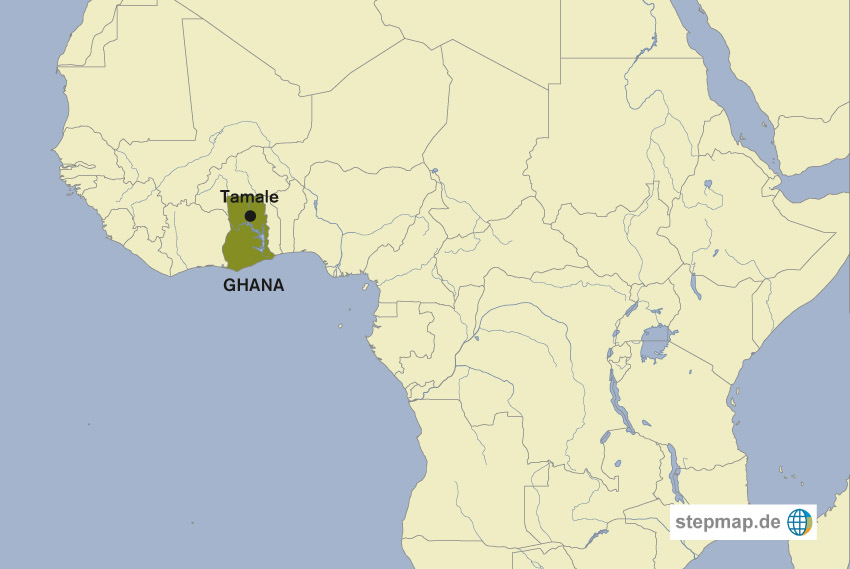Traffic safety
Carnage on the roads

Mohammed’s experience is distressingly common on Ghana’s roads. The country’s Police Motor Transport and Traffic Department reported in December 2019 that about six people die from road traffic accidents in Ghana every day. That figure translates into more than 2,000 traffic deaths each year. Moreover, Ghana’s traffic accidents are becoming more serious. The country’s National Road Safety Commission says that in 2016, the most recent full year for which it analyses data, Ghana had nearly 16 % more fatalities and 7 % more serious injuries from road accidents compared to 2015.
The causes of this grim record often lie with the drivers and their vehicles rather than with the roads themselves. Online news portal www.yen.com.gh reports that poor driving skills are the biggest single cause of road accidents in Ghana. Among drivers’ errors are overloading their vehicles, using mobile phones while driving, speeding, drunk driving and failing to follow traffic regulations. Breakdowns of poorly maintained vehicles while in motion are another big cause of traffic accidents. So is a rapid spread in the use of cars and other motorised vehicles.
The result of all these factors is growing carnage on the roads. “Road traffic accidents account for most of the trauma cases we see in our hospitals,” says Dr. Dominic Konadu-Yeboah, head of trauma and orthopaedics at the Komfo Anokye Teaching Hospital, the country’s second-largest hospital based in Kumasi in south-central Ghana.
Compounding the problem is lack of facilities and medical staff to treat accident victims nationwide. “Across the country we have around 50 surgeons looking after over 30.2 million Ghanaians,” Konadu-Yeboah says. “The ratio is woefully inadequate.” A further problem is mistrust among many Ghanaians of modern medical treatment. Reports say up to 80 % of Ghanaians use traditional medicine to cure ailments, including fractures. Bone-setters remain popular despite concerns among doctors about the effectiveness and safety of traditional methods.
Besides, many accident victims have no financial alternative to traditional bone-setters. After her accident, Mohammed was rushed to the Tamale Teaching Hospital. A few days later she left the hospital and made her way to a traditional bone setter’s home. “The hospital said we should pay 6,500 cedis (€1,100) for surgery, but we don’t have the money,” she says. “That is why I am here.”
While business is booming for bone-setters, they face their own challenges, including insufficient gauze, bandages and surgical gloves. “The biggest problem is finding a place for the patients to sleep,” says bone-setter Issahaku Mahamadu. “We have overcrowding and weak structures. This community has no water so the patients have to buy water from vendors. I don’t receive pay like the doctors, despite the time I spend treating people.”
Maxwell Suuk is a journalist in northern Ghana.
suuk.max@gmail.com








